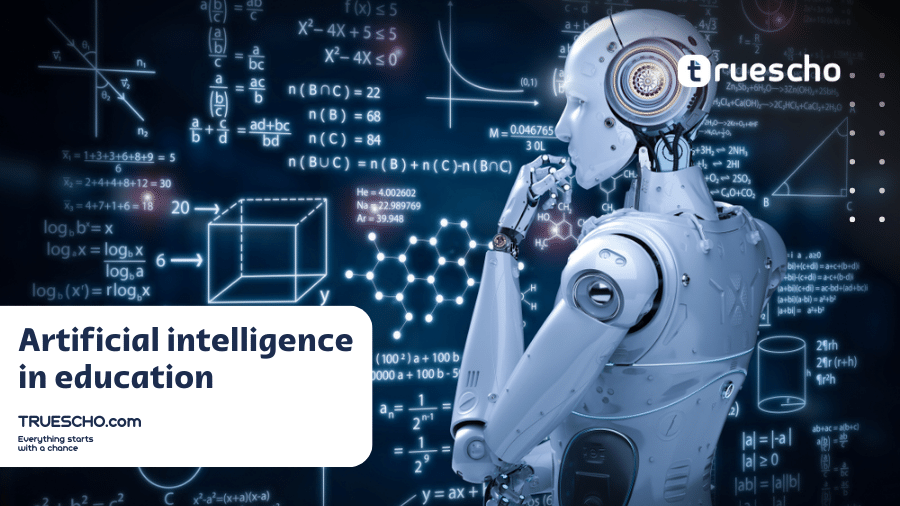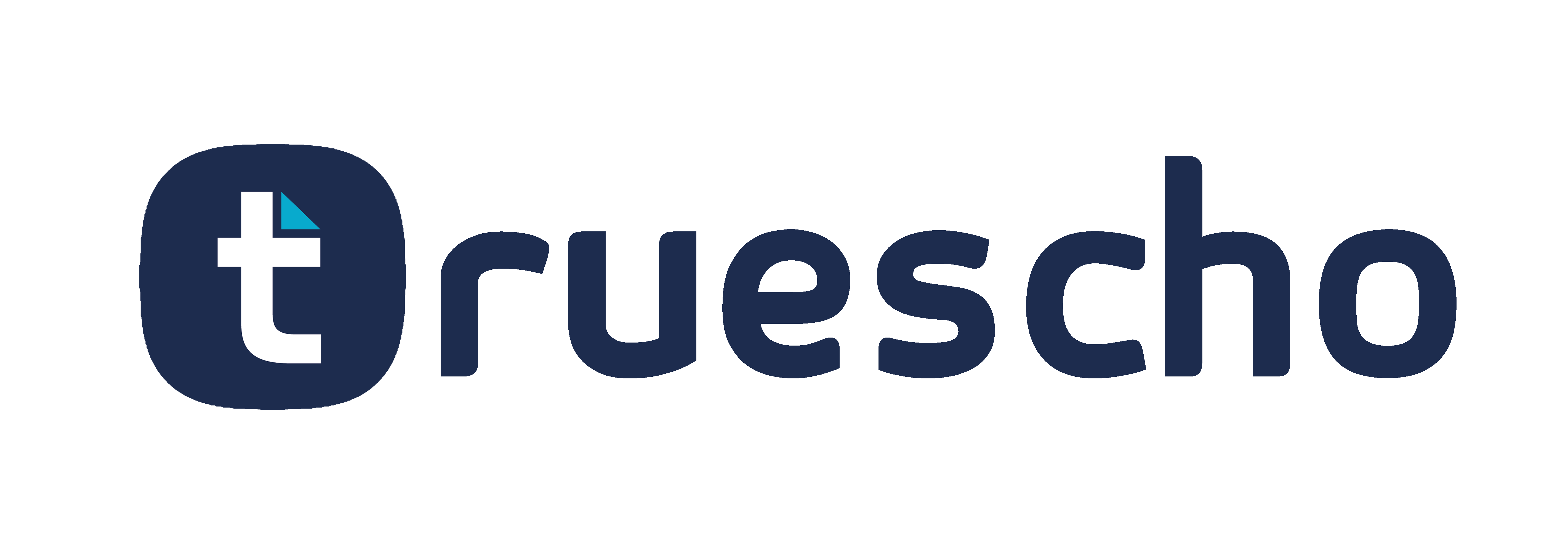Artificial intelligence in education
Artificial intelligence in education | In recent years, the world has witnessed a revolution in the field of artificial intelligence, with its effects permeating many aspects of life.
Almost every sector now employs applications of artificial intelligence, including medicine, engineering, armament, manufacturing, investment, space sciences, and communication. This places a significant responsibility on the shoulders of educational ministries to update their policies, curricula, and strategies to align with the advancements of this AI revolution.
This revolution has illuminated new horizons for educators, prompting them to delve into enriching the culture of artificial intelligence and integrating it both theoretically and practically across various educational stages.
Education has undergone a significant change with the advent of artificial intelligence, thanks to its myriad advantages. When utilized correctly, it can enhance the efficiency and effectiveness of educators, as it possesses the capability to comprehend information more profoundly, thereby enriching their awareness and knowledge.

What is Artificial Intelligence ?
It’s the field of study dedicated to equipping electronic systems with intelligence akin to that of humans. Such systems are thereby empowered to think, decide, and operate in alignment with their designated tasks.
Artificial Intelligence is considered a scientific system formally established in 1956 at Dartmouth College in the United States. A summer school was organized by four prominent researchers:
John McCarthy, Marvin Minsky, Nathaniel Rochester, and Claude Shannon. Since then, the term “artificial intelligence,” which was possibly introduced initially to attract attention, has become very familiar and known to everyone. This branch of technological science has seen continuous development, introducing revolutionary techniques that have impacted the world over the past six decades.
The importance of using artificial intelligence in the educational process
Instantly evaluating students and tracking their grades to enhance their academic performance.
Offering digital agents to support learners and guide them towards the correct answers.
Contributing to improving the quality of education by identifying the challenges faced by the learner, which helps teachers focus on specific aspects of the curriculum.
Offering an adaptive learning experience that assists the learner in progressing individually, along with providing reports to teachers about the learner’s progress and outcomes.
Benefits of learning environments that rely on artificial intelligence
- Ease of interaction and handling of the system.
- Simplifying the understanding of theories and laws by setting specific times for each task, giving learners ample time to understand and apply the content.
- Encouraging active participation and providing clear and accurate information to increase learner motivation.
- Enhancing the use of information and the application of skills to make learning more effective.
- Playing a significant role in guiding and advising learners through individual tips.
- Offering an interactive learning experience, answering learners’ queries repeatedly, and providing diverse support to them.
Prerequisites for Implementing Artificial Intelligence in Education
- For artificial intelligence to function effectively in education, the right infrastructure must be in place.
- A high-speed, readily available internet connection with comprehensive coverage at an affordable cost is essential.
- The availability of necessary digital tools and devices is crucial.
- Proper training for technical staff who will manage and operate the AI systems is a must.
- Given the vast amounts of data AI systems handle, ensuring their security and protection is of paramount importance.
Drawbacks of Implementing Artificial Intelligence in Education
Shift from Traditional Teaching Methods:
The adoption of artificial intelligence reduces the emphasis on face-to-face teaching.
Learners can access knowledge anytime and anywhere, often leading to a more isolated learning experience from home.
Impact on Social Interactions:
This mode of learning can diminish personal and school connections.
There’s a potential risk of neglecting essential social interactions, which might result in increased feelings of isolation among students.
Over time, this could erode the sense of community and solidarity in society.
The Indispensable Role of Teachers:
Beyond just imparting knowledge, teachers play a pivotal role in supporting students, fostering their personal development, and providing both academic and social guidance.
Whether in schools, universities, or training centers, teachers are integral for personality development and instilling social values.
Proposed Solutions and the Future Outlook:
To strike a balance, many suggest a blended learning model. This model would leverage artificial intelligence to aid learners while ensuring teachers retain their traditional roles.
While experts believe artificial intelligence will revolutionize the teaching landscape, the essence of the teaching profession remains irreplaceable.
Artificial intelligence is poised to be a significant contributor in future educational settings, but it will not and should not replace the human touch of a teacher.
The most important artificial intelligence tools used in education
ClassPoint AI is a tool specifically designed for educators, enabling them to create questions based on the content of PowerPoint slides. Even if the slide contains just a single word, the tool will generate a related question.
For instance, if the slide has the word (English) , questions about the English language will be generated.
If there’s a text related to photosynthesis in (biology) , the tool will craft questions about that topic
QuillBot is an AI-driven rephrasing tool designed with advanced algorithms to assist educators in expediting the preparation of teaching materials and assessments.
Educators can input any sentence or paragraph, and the tool will promptly suggest various alternative phrasings that retain the original meaning but in a distinct style
This tool aids teachers in developing new educational content based on existing material without starting from scratch. It’s especially beneficial for supporting language learners, as it can be used to enhance students’ abilities to express themselves clearly and effectively by offering alternative formulations for their thoughts
As the name suggests, this tool supports educators in delivering standout presentations in the classroom. It analyzes the teacher’s speech pace, voice tone, and focus during the presentation, offering suggestions for performance enhancement.
As the name suggests, this tool supports educators in delivering standout presentations in the classroom. It analyzes the teacher’s speech pace, voice tone, and focus during the presentation, offering suggestions for performance enhancement.
This tool is ideal for educators aiming to make their presentations more vibrant and interactive. With its assistance, educators can bolster their information delivery effectiveness, helping students to listen better and actively participate. It’s particularly beneficial for teachers seeking guidance on improving their presentations.
SlidesAI is an efficient AI tool that assists educators in crafting visually captivating presentations for classrooms swiftly. Leveraging advanced AI techniques, this tool designs and lays out presentation slides based on inputted texts, allowing the educator to focus on the core aspect . Additionally, the tool automatically suggests relevant images and illustrations based on the presentation’s content.
The CoPilot Educational Program is an AI-powered tool essential for every educator. This program aids teachers in curriculum development, organizing lesson plans and activities, and tracking student progress.
It can also assist educators in formulating individualized teaching strategies to cater to the unique needs of each student in their classes.
Gradescope is an innovative AI-powered assessment tool that has gained popularity among educators recently. It aims to streamline and enhance the grading process for papers, assignments, and exams.
What sets Gradescope apart is its ability to grade a diverse range of subjects across both the sciences and the arts.
Similar to (Gradescope), (Formative AI) is an AI-powered tool that assists educators in evaluating student work.
This tool provides instant feedback on student performance, pinpointing their strengths and weaknesses.
It enables educators to adjust their teaching methods based on this feedback. (Formative AI) streamlines the grading process through automation and offers valuable insights that help teachers in planning future lessons.

Artificial Intelligence and the Future of Education
Advancements in educational technology have seen a shift from traditional textbooks to online lectures. Today, artificial intelligence aids in enhancing and automating learning and teaching tasks, and as its technologies progress, its contribution to education is expected to grow.
In classrooms and lecture halls, a transition from the traditional learning framework to a blend of robots and artificial intelligence is anticipated, where both students and teachers will benefit from these technologies.
AI contributes to reducing administrative burdens on teachers by automating tasks such as grading, evaluation, and responding to inquiries.
It also offers tailored support to students by providing immediate and personalized assistance based on each student’s needs. One of the most prominent advantages of AI is its ability to automatically update curricula in line with modern cognitive developments.
Moreover, AI provides support outside the classroom, especially during after-school hours, and can analyze student performance, offering guidance to teachers about topics that might require more focus.
Read also:
Islamic Development Bank Scholarship
Oxford University Scholarship | Clarendon Scholarship for Masters and PhD








I feel this is one of the such a lot important information for me.
And i’m satisfied reading your article. However
should remark on some basic things, The site taste is wonderful, the articles is truly great
: D. Good activity, cheers